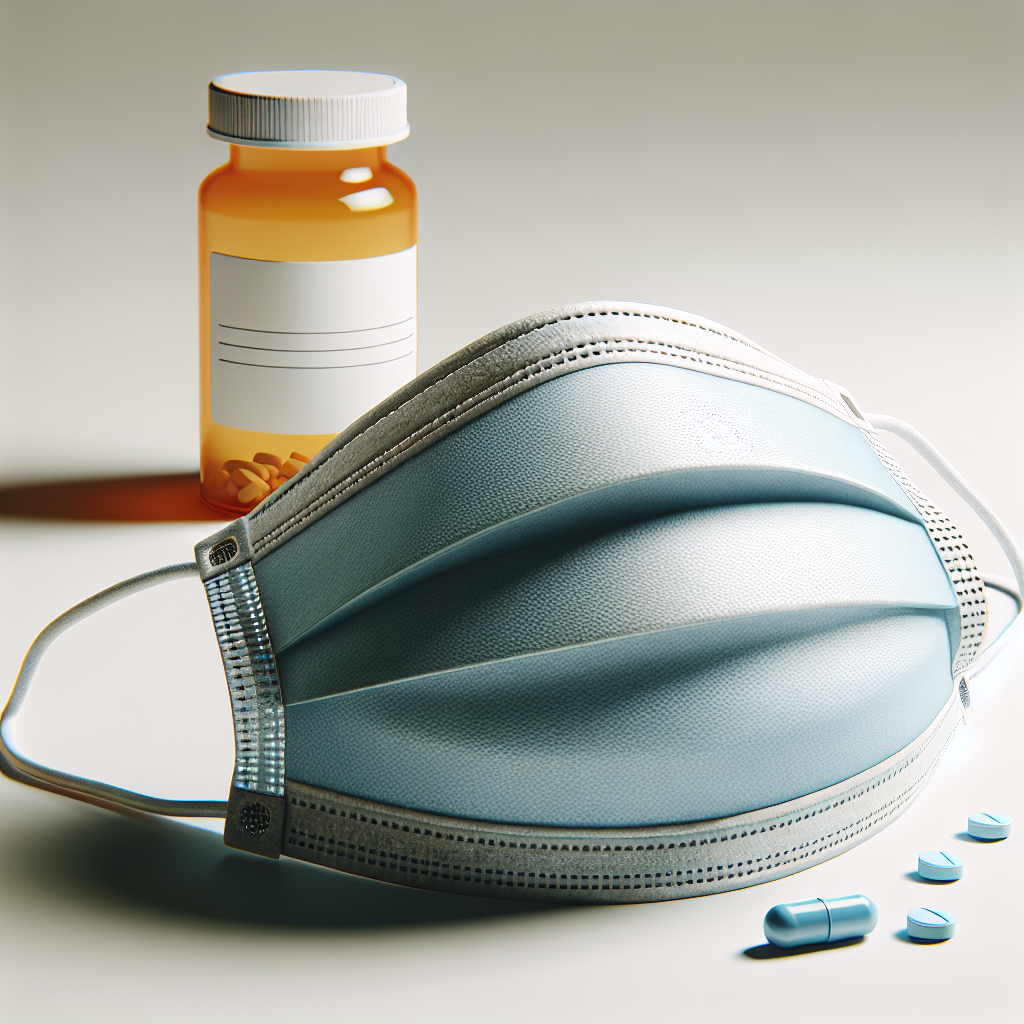People taking weight loss drugs like Wegovy and Zepbound should inform their doctors prior to any scheduled surgeries, the European Medicines Agency cautioned on Friday.
The agency’s Pharmacovigilance Risk Assessment Committee (PRAC) suggested new guidelines to minimize respiratory complications during surgery for patients using GLP-1 treatments.
GLP-1 drugs are a category of diabetes and weight loss medications that imitate a hormone regulating blood sugar and suppressing appetite. Novo Nordisk, the maker of Ozempic and Wegovy, and Eli Lilly, the producer of Mounjaro and Zepbound, dominate the market for these medications.
The committee highlighted that patients on these drugs face risks of aspiration and aspiration pneumonia—occurrences where food or liquids are inhaled instead of swallowed properly—while under anesthesia and deep sedation. These incidents can happen when stomach contents travel back to the throat.
PRAC noted that aspiration and aspiration pneumonia complicate surgical procedures involving general anesthesia in about one in 900 to one in 10,000 cases.
GLP-1 drugs delay stomach emptying, so even if a patient fasts the night before surgery, there might still be food in their stomach during the operation. PRAC stated that this creates a “biologically plausible increased risk for aspiration.”
Although the committee couldn’t establish a direct causal link between GLP-1 drugs and aspiration, it still recommends healthcare professionals consider the effects of GLP-1 medications when combined with anesthesia.
Moreover, the product information for these drugs will be updated to include a warning about this risk.
Morgan Stanley analysts predict the global market for these drugs will climb to $105 billion by 2030, up from an earlier estimate of $77 billion. The bank also anticipates that by 2035, around 31.5 million people in the U.S., about 9% of the population, will be using these medications.
